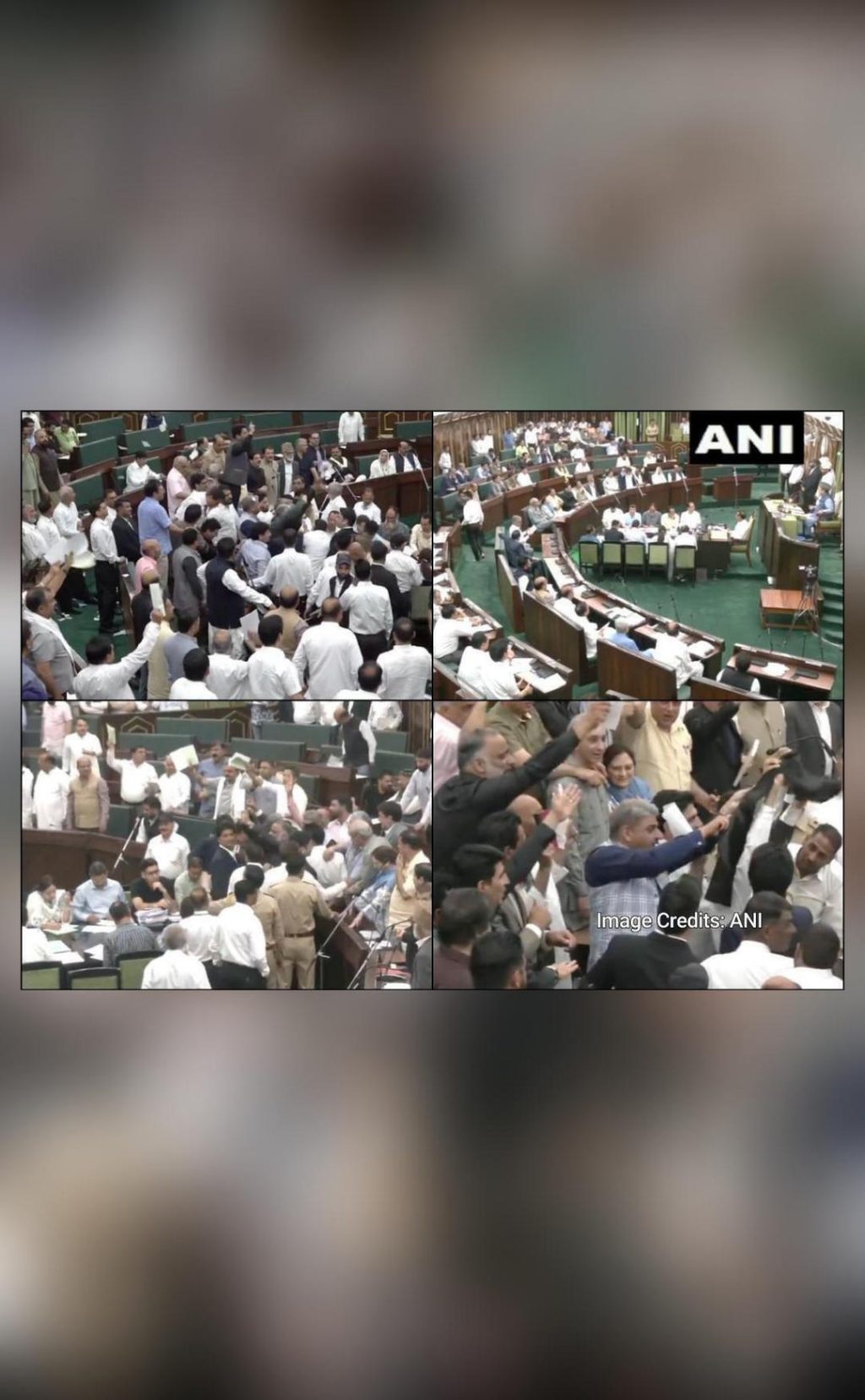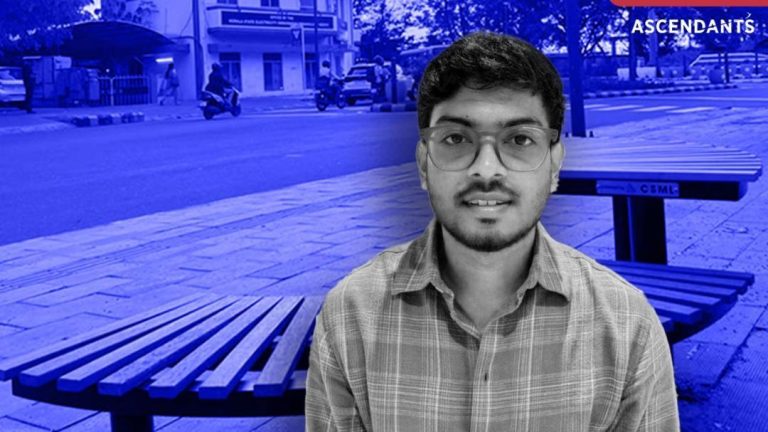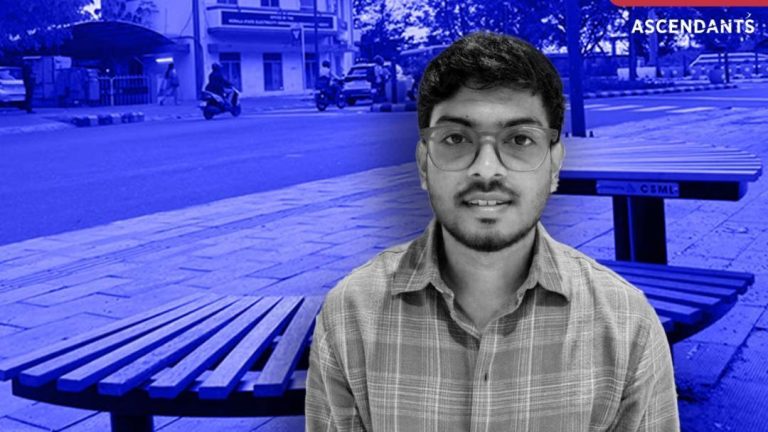
Jammu & Kashmir Assembly adjourned amid uproar over Waqf Act
The Jammu and Kashmir Assembly witnessed a dramatic turn of events on Monday as the House was adjourned amidst a massive uproar over the Waqf Act. The Speaker of the Assembly, Abdul Rahim Rather, denied an adjournment motion moved by National Conference (NC) MLAs, leading to a strong protest from the opposition parties. The incident highlights the ongoing tensions and disagreements between the ruling coalition and the opposition in the state.
The drama unfolded when NC MLAs moved an adjournment motion to suspend the Question Hour to discuss the Waqf Act, which has been a contentious issue in the state for quite some time. The Waqf Act, which was passed in 2019, aims to regulate the management of Waqf properties, which are considered sacred trusts for the Muslim community. However, the opposition parties have been criticizing the government for allegedly trying to undermine the autonomy of the Waqf Board and giving more powers to the government.
The NC MLAs, led by party leader and MLA, Ali Mohammad Sagar, moved the adjournment motion, citing the need for a thorough discussion on the Waqf Act. They alleged that the government was trying to undermine the autonomy of the Waqf Board and take control of the Waqf properties. The NC MLAs demanded that the House be adjourned to allow for a detailed discussion on the issue.
However, the Bharatiya Janata Party (BJP) MLAs, who are part of the ruling coalition, protested against the adjournment motion. They demanded that the Question Hour be held as scheduled, citing that the Waqf Act was already passed and there was no need for further discussion. The BJP MLAs claimed that the NC was trying to create unnecessary controversy over the issue.
The Speaker, Abdul Rahim Rather, denied the adjournment motion, citing that the House had already discussed the Waqf Act and it was not necessary to suspend the Question Hour to discuss it again. This decision was met with strong protests from the NC MLAs, who demanded that the Speaker reconsider his decision.
The situation soon turned chaotic as the NC MLAs started shouting slogans and demanding that the Speaker take back his decision. The BJP MLAs, on the other hand, tried to counter the protests by shouting slogans of their own. The situation was so tense that the security personnel had to intervene to prevent any untoward incident.
Eventually, the Speaker decided to adjourn the House for the day, citing that the situation was getting out of control. The adjournment motion was rejected, and the House was adjourned till the next day.
The incident highlights the ongoing tensions between the ruling coalition and the opposition parties in the state. The Waqf Act has been a contentious issue for quite some time, with both parties having different views on its implementation. The government has been criticized for allegedly trying to undermine the autonomy of the Waqf Board, while the opposition parties have been demanding more transparency and accountability in the management of Waqf properties.
The incident also raises questions about the effectiveness of the Speaker in maintaining order in the House. The Speaker’s decision to deny the adjournment motion was met with strong protests from the opposition parties, and the situation soon turned chaotic. The Speaker’s decision to adjourn the House for the day was seen as a way to prevent any further escalation of the situation.
In a statement, the NC MLA, Ali Mohammad Sagar, criticized the government for trying to suppress the voice of the opposition. “The government is trying to suppress the voice of the opposition and is not willing to listen to our concerns. The Waqf Act is a sensitive issue, and we demand that it be reviewed and amended to ensure that the autonomy of the Waqf Board is protected,” he said.
On the other hand, the BJP MLA, Ravinder Raina, defended the government’s decision to pass the Waqf Act. “The Waqf Act is a necessary step to ensure that the Waqf properties are managed properly. The opposition is trying to create unnecessary controversy over the issue,” he said.
The incident is a reminder of the ongoing tensions and disagreements between the ruling coalition and the opposition parties in the state. The Waqf Act is a sensitive issue, and the government and the opposition parties need to work together to find a solution that is acceptable to all.






